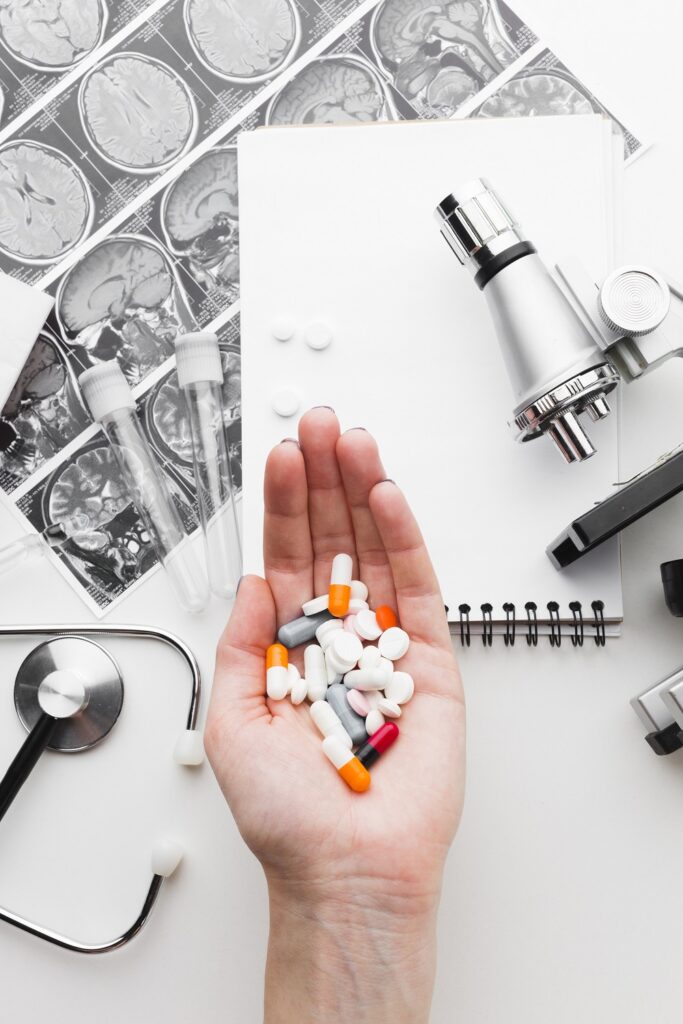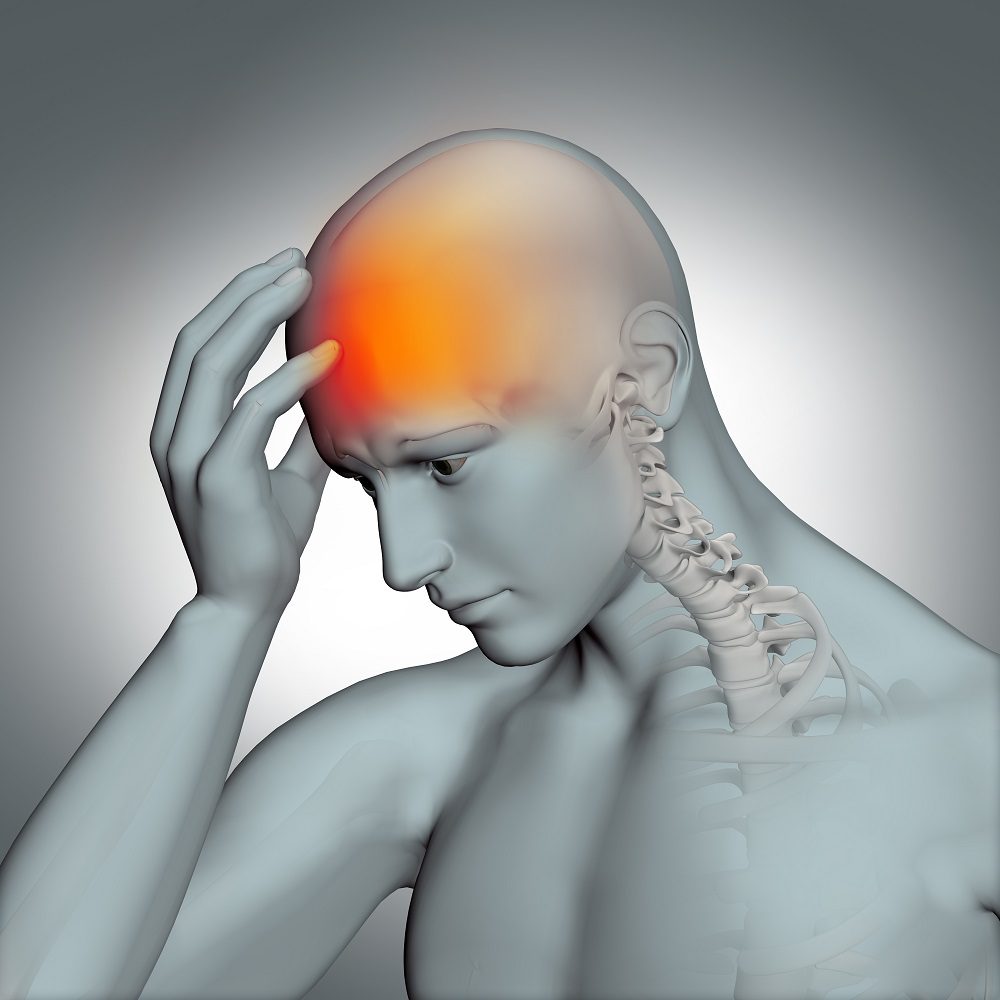Are antipsychotics useful in treatment-resistant depression?


In the case of antidepressants, it has been seen that one out of three people with a major depressive disease does not experience improvement even after taking sequential courses of antidepressants and develop treatment-resistant depression. Multiple acute-phase studies have shown the effectiveness of antipsychotics in the improvement of depressive symptoms but the clinical improvement that is remission remains limited, and also there are significant side effects when using these medications for a long time. Pragmatic clinical trials are needed to see the effectiveness of atypical antipsychotics with treatment-resistant depression.
Mania and Traumatic Brain Injury: Is there any association?


Mania is defined as an uncommon but debilitating psychiatric occurrence following traumatic brain injury. Traumatic brain injury is a leading cause of mortality and morbidity. 74% of people develop mania within 1 year following traumatic brain injury.
The illness trajectory varied from a single manic episode to recurrent mood episodes. In some patients, rapid cycling is also reported. Rapid cycling refers to the presence of at least 4 mood outbreaks in the last 12 months that meet the measures for hypomanic, manic, or major depressive disorder.
